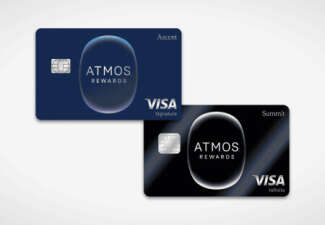The content on this page is accurate as of the posting date; however, some of the offers mentioned may have expired.
Store credit cards, also known as retail credit cards, are credit accounts that are offered by retailers together with credit card issuing companies. Their usage is usually limited to the issuing store. That means you won't be able to use store cards anywhere outside the store. By comparison, general-purpose credit cards carry a payment network brand, like Visa or Mastercard, and can be used at any merchant that accepts credit cards from that processing network.
Store cards may give access to additional, member-only discounts, sales events, or special financing offers. However, rewards are always associated with purchases made at the specific retailer. And, once you finally accumulate enough rewards for redemption, you can typically use it in-store only.
Often, store credit cards are tied with a promotion such as 0% interest or a discount on your purchase. However, these are often deferred interest offers, meaning that if you don't pay off the balance in full and on time, you're charged interest on the entire amount retroactive to the purchase date, regardless of how much of the balance was paid off up until that point.
However, all these benefits may not look lucrative if you consider the fees. Some store cards even charge membership fees on a monthly basis.
Store cards typically come with lower average credit limits than traditional credit cards. It's quite common for cardholders to be approved for an initial credit limit of $300 or $500 on a store credit card.
If you are rebuilding or building your credit, you may want to get a store credit card, as it is rather easy to get. Store cards can be reported to the major credit bureaus, but most often not to all three, just one or two. So, if you manage it well, it may help you improve your credit. Though, as an alternative, it's better to consider secured credit cards or credit builder accounts.






